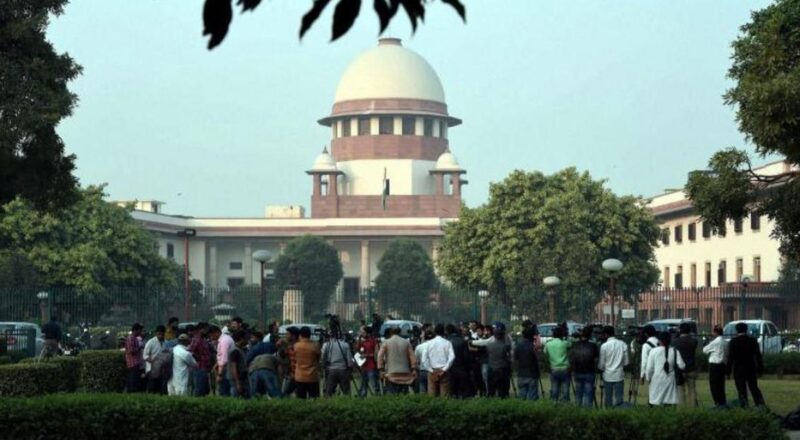1) Kharak Singh Vs. State of U.P. (SC 1962)
Bench – J. Ayyanagar, N. Rajagopala Sinha, J. Bhuvneshwar P. (CJ) Imam, J. Syed Jaffer Subbarao, J. K. Shah, J. J.C. Mudholkar
Dissenting opinion of J. Subba Rao observed that the Constitution does not expressly declare right to privacy as a fundamental right but the said right is an essential ingredient of Personal Liberty.
2) Gobind Vs. Union Of India (SC 1975)
Bench– J. K Matthew, P Goswami & J. Krishna Iyer
The bench was composed of Three Hon’ble judges wherein it was observed that – Privacy-dignity claims are to be examined with care and should be denied only when an important countervailing interest is shown to be superior. In other words the acid test is whether a state interest is of paramount importance to justify the denial of fundamental privacy rights.
This was the first case which explicitly recognised that the Privacy rights are itself a fundamental right, it must be subject to restriction on the basis of compelling public interest.
3) People’s Union of Civil Liberty VS. Union of India (SC 1996)
Bench- J. K. Singh, J. S.S. Ahmad
Telephone-Tapping is a serious invasion of Individual’s privacy. Without any hesitation the Hon’ble court identified the Right to privacy as a Fundamental Right. The said right cannot be curtailed except according to procedure established by law. Telephone conversation is an important facet of one’s private life. Right to Privacy would certainly include telephone conversation in the privacy of one’s home or office.
4) Mr. X Vs. Hospital Z (SC 1998)
Bench- J. S. Sahgir Ahmad, J. B.N Kirpal
The division bench briefly discussed the right to privacy as an integral part of Art.21. However, the facts of the case were little different and crucial hence, the disclosure of personal information was held not violative to right to Privacy.
5) Justice K. S. Puttaswamy (Rtd.) Vs. Union Of India (SC 2017) infamously known as Aadhaar verdict.
Bench- J. S. Khehar, J. Chelameswar, J. S.A.Bobde, J. R.K. Agrawal, J.R.F. Nariman, J. A.M. Sapre, J. D.Y.Chandrachud, J. S.K. Kaul & J. S.A. Nazeer
The Nine judge bench held that “The Right To Privacy ” is a fundamental right included under article 21 Part III of the constitution.
References- Indiakanoon.org, Picture Credit- Scroll.in

